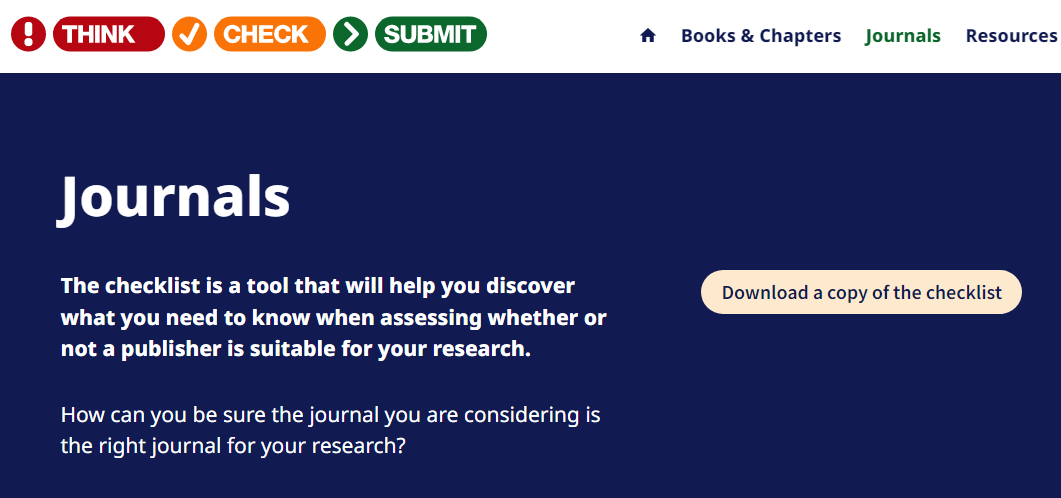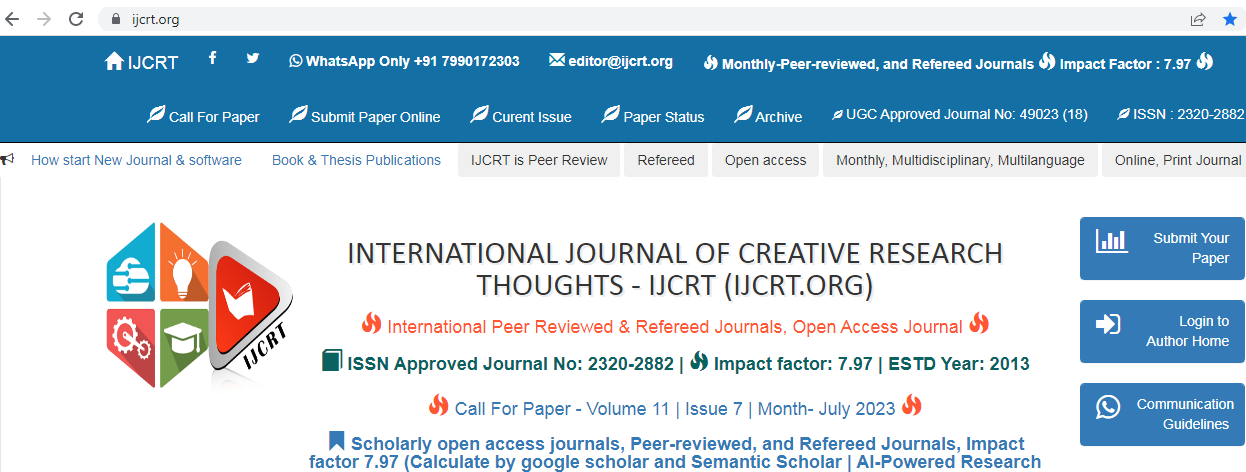How to conduct a quality engineering research?
Conducting quality engineering research involves following a structured approach to ensure that the research is well-planned, well-executed, and produces credible results.
Here's a step-by-step guide on how to conduct quality engineering research:
Identify the Research Problem:
It is necessary to starting with clearly defining the research problem, ensuring it is specific, relevant, and has the potential to contribute to the existing body of knowledge in the field of engineering.
Conduct a Literature Review:
Before beginning your research, conduct a comprehensive literature review to understand the existing research and identify any knowledge gaps. This will help you to formulate research questions and hypotheses.
Formulate Research Questions and Hypotheses:
Based on the literature review, develop clear research questions or hypotheses that you aim to address in your study. These questions should guide the entire research process.
Design the Research Methodology:
Select an appropriate research methodology based on your research questions. Determine whether the research will be qualitative, quantitative, or a combination of both. Ensure that the methodology is robust and reliable.
Collect Data:
Collect data using appropriate methods such as surveys, interviews, experiments, or observations. Ensure that the data collection process is systematic, well-documented, and aligned with the research methodology.
Analyze the Data:
Use appropriate statistical or qualitative analysis techniques to interpret the collected data. Ensure that the analysis is rigorous and that the methods are appropriate for the type of data collected.
Interpret the Findings:
Interpret the results of the data analysis in the context of the research questions and hypotheses. Compare your findings with existing literature and discuss the implications of your results.
Draw Conclusions:
Draw well-founded conclusions based on the interpretation of the findings. Clearly state whether the research questions or hypotheses have been supported or refuted by the data.
Communicate Results:
Present your research findings in a clear and concise manner. Write a research report or a scientific paper, and consider presenting your findings at conferences or in academic journals.
Peer Review and Feedback:
Submit your research to peer-reviewed journals or conferences for feedback and review. Consider incorporating the feedback into your research to enhance its quality and credibility.
Ethical Considerations:
Throughout the research process, ensure that ethical guidelines are followed. Obtain necessary approvals, ensure confidentiality of participants, and handle data responsibly.
Continuous Learning and Improvement:
Reflect on the research process and outcomes, identifying strengths and weaknesses. Use this reflection to continuously improve your research skills and enhance the quality of future research endeavours.
By following these steps, you can conduct high-quality engineering research that contributes to the advancement of knowledge in the field.
Thanks,
Team - JournalGuardians
Happy Publishing



Comments
Post a Comment